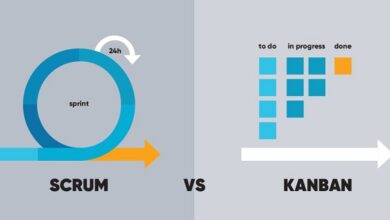What is convertible stock definition with Convertible Stock Returns
Convertible stock
Convertible stocks are stocks that, as their name suggests, have the main characteristic that they can be altered, changing their original properties. convertible stock
They have the ability to become bonds after a certain time, which will depend on each type of convertible. The opposite is also very common, that is, that bonds are converted into stocks . For example, stocks can be preferred in the first instance and later move to ordinary stocks.
Any issue of convertible stocks must be explained in detail, providing information from the company about its content.
It should be reported about ↓
- The date of issue.
- Due date.
- The conversion price.
- The conversion ratio, which is defined as the quotient between the unit nominal of the security and the conversion price.
- The summary and the informative brochure of the conditions of the issue and the conversion period. convertible stock
Convertible Stock Returns
Convertible stocks are associated with profiles of low-risk investors who start their activity in the world of the stock market.
The foregoing is due to the fact that they enjoy a fixed return, since during a first stage they will have the characteristic of being a bond through which we will receive periodic payments.
To later become an ordinary share at the end of the conversion, where the risk is greater.
Therefore, the investor who has faced this initial stage can feel more comfortable when he accumulates more experience, with the aim of benefiting from a higher profitability, since volatility will be higher. convertible stock
We say that in its first stage it is a bond because it is the most common case of convertible stocks. Seen in another way, it is a product that tries to seduce the inexperienced investor and is a way to capture the attention of the company, since the initial characteristics are adjusted to its profile, so that ultimately, the investment can be exposed to appreciations or depreciations in the price as a result of market fluctuations. convertible stock
In this case, the investor, when subscribing and exchanging the bond for an ordinary share, will be able to collect the dividends that the company distributes among its shareholders.
The decision of this investment, technically speaking, is based on the security of receiving coupons or periodic payments safely where the price of the bond is low and its rate of return is attractive. However, if interest rates are expected to fall in the future, it may be appropriate to convert to an ordinary share as investors will have more incentive to sue due to low yields on fixed income. convertible stock




